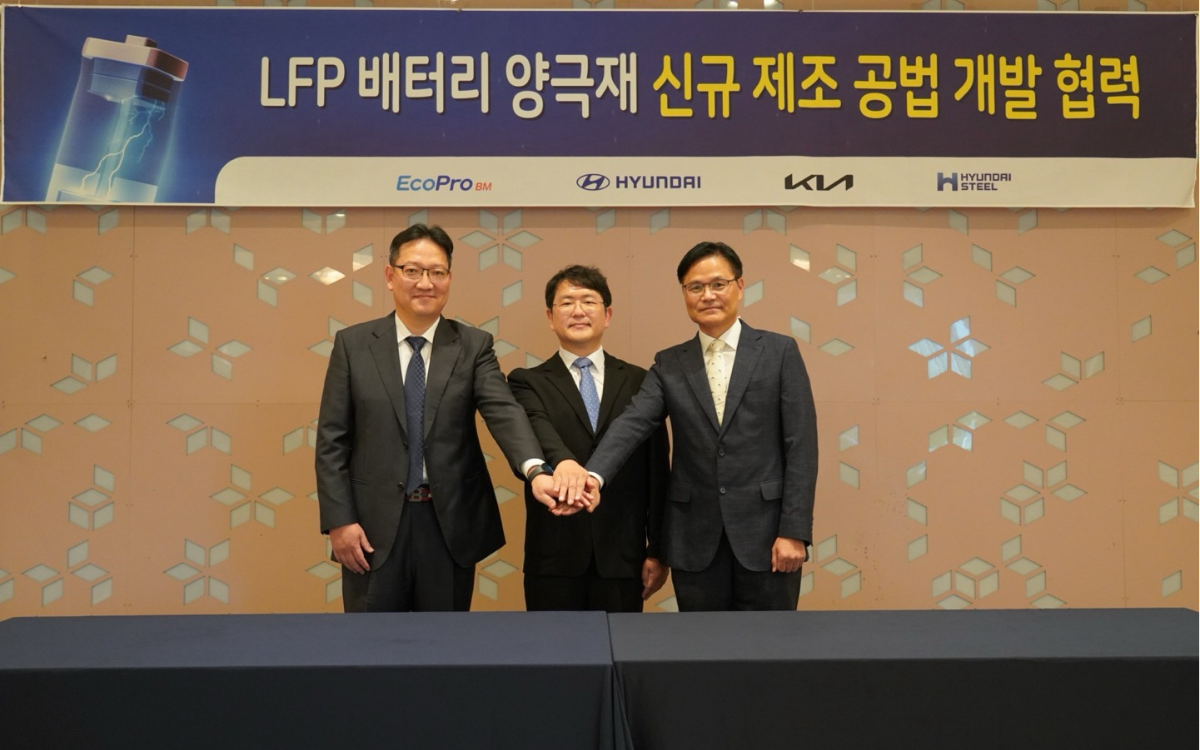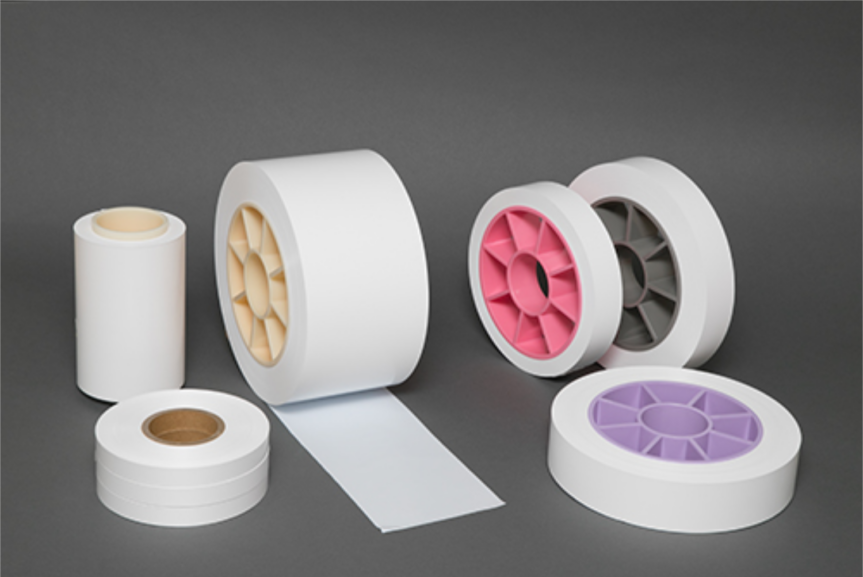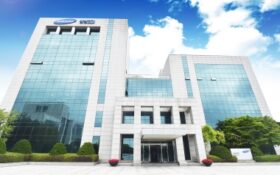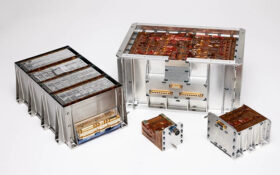Updated 25 October 2024.
Korean automakers Hyundai and Kia have a joint project to develop lithium iron phosphate (LFP) battery cathode material. Hyundai has updated its goal to develop a LFP battery with an energy density of 300Wh/kg by the end of 2025, according to reports in the Korean media.
The end-2025 aim, if successful, would position Hyundai to exceed the capacity of Chinese LFP batteries by over 15%. It would also reinforce the company’s commitment to developing EV technology.
A report in the Korean Car Blog stated Hyundai Motor is collaborating with domestic battery partners to develop ultra-high-capacity LFP batteries. Chinese manufacturers are supplying LFP batteries with capacities in the mid- to high 200Wh/kg range, so Hyundai is aiming to leapfrog this and achieve 300Wh/kg.
It reported that the company has changed plans to develop and finalise the LFP batteries by 2025, as opposed to 2023–24. It is directly involved in the battery design, while its partners are handling development.
The new battery would be aimed at mid- to low cost small EVs and address the slowdown in EV market growth. Chinese companies such as CATL and BYD currently overwhelmingly dominate the LFP battery market.
Hyundai said on 26 September it was launching a project with Kia to develop LFP battery cathode material manufacturing technology. It aimed to improve cathode material performance, enabling low-temperature charging/discharging performance and fast charging technology. It is also working with Hyundai Steel and cathode manufacturer EcoPro Bm on the four-year project.
In an investor day presentation in August, the company outlined plans for a cell-to-vehicle battery structure. This integrates the battery and the vehicle body, which reduces parts to lighten the weight by 10% compared to the previous CTP (cell-to-pack) system.
By 2030, Hyundai Motor is also aiming to develop a new, “affordable NCM”. This new entry-level battery will first be implemented in volume models, with the company anticipating a battery performance enhancement of over 20% by 2030, it said.












